- Home
- Cleaning Your Catch
- How to Fillet a Fish
Here's How to Fillet a Fish
It was my dear old grandmother who first showed me how to fillet a
fish. It would have been a herring, which in those days were still
plentiful in the North Sea - we had them for dinner every Friday.
Herring roe? Yummee! Poor man's caviar she called it, God bless her.
The first requirement for filleting fish successfully is a good quality filleting knife with a flexible, finely honed and razor sharp blade.
The second? A cut-proof glove - and the third's a good surface to do the filleting on.
On our sailboat Alacazam we use polyethylene chopping boards, the largest of which isn't nearly big enough.
A proper fish cleaning table would be the thing if I could find somewhere suitable to fit it, with a pressure water supply right next to it. Oh well, never mind.
Now on my next boat...
But I'll quit dreaming and get back to showing how to fillet a fish!
What You'll Need...
How to Fillet a Fish ~ Smallish Ones
Having already all the fins and removed the scales, let's see how to fillet a fish.
First, a small one - say, a mackerel or school bass (but remember minimum size limits).
Here's how:~
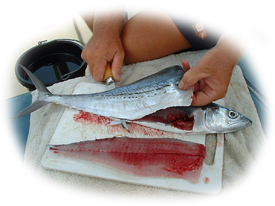 The second fillet being cut from a Spanish Mackerel
The second fillet being cut from a Spanish Mackerel- With your filleting knife make a first cut just astern of the gill cover, slicing down until the blade touches the fish's backbone. Then turn the blade and slice along the backbone to the fish's tail. You now have one fillet.
- Turn the fish over and repeat step 1. You now have two fillets - in this case, of a Spanish mackerel.
- For each fillet, insert the knife blade close to the rib bones and slice the entire section away. You should now be left with two boneless fillets. Any remaining bones can be withdrawn with pliers or tweezers.
- Optional this, but if you want skinless fillets, lay the fillet skin-side down on a board and starting from the tail-end ease the flesh away from the skin with the filleting knife.
Were it not for the shame and humiliation, I'd name the angler in the pic on the right who isn't wearing a cut-proof glove...
How to Fillet a Fish ~ Now a Larger One
For filleting fish larger than this you'll need to modify step three as follows:~
- As before, make a first cut just astern of the gill cover, slicing down until the blade touches the fish's backbone.
- Now make a separate shallow cut along the length of the fish just off to one side of where the dorsal fin was before you cut it off.
- Then progressively deepen this cut until you reach the fish's backbone, ending up with the top half of the fillet cut free.
- Now re-insert the blade in the first cut, turn it and slice along the backbone to the tail, releasing one fillet.
- Do the same for the other side and you've got two fillets.
How to Fillet Flatfish
Filleting fish like plaice and other flatfish is done slightly differently. Incidentally, flatfish start out life in a normal vertical plane but at an early stage opt for a horizontal lifestyle on the seabed. This makes one of their eyes largely redundant, so it migrates around to the upper side where it can be of use.
Flatfish are best cooked whole - or filleted like this:~
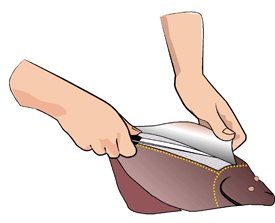 The first fillet being cut from a flatfish
The first fillet being cut from a flatfish- Lay the fish down, right side up with the tail pointing towards you, then
- Make vertical cuts along the yellow lines shown in the sketch, then
- With your filleting knife with the blade held almost flat, ease two fillets off the bone as shown, then
- Turn the fish over, do the same on the other side and get two more fillets.
Voila, one fish - four fillets.
So that's how to fillet a fish, but not all fish are best dealt with in this way...
Steaking
There's nothing very difficult about filleting fish, but for large, round section fish such as tuna and wahoo, cutting them into steaks (or cutlets) about 1" thick is a better option.
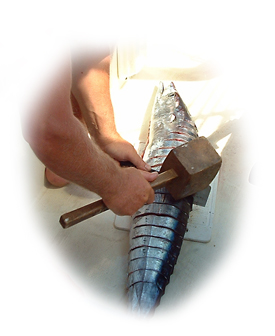 Steaking a King Mackerel Steaking a King Mackerel |
To cut through the backbone you'll need a meat cleaver or machete coupled with a smart blow from a mallet or similar implement. |
|
Worth all the effort? Oh Yes! |
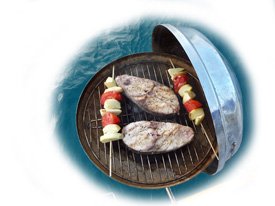 The object of the whole fishing endeavour! The object of the whole fishing endeavour! |
Recent Articles
-
Sea Fishing Rods and Reels Must Be Compatible for a Balanced Outfit
Mar 08, 21 08:30 AM
A quality reel fitted to a quality rod doesn't necessarily make it a quality outfit. Your fishing rods and reels have to be properly matched if you're to get the best out of them, and here’s how -
Essential Lure Fishing Tips That All Saltwater Anglers Should Know
Mar 08, 21 04:51 AM
Which single lure fishing tip applies to trolling, jigging, baitcasting, spinning, fly fishing and any other branch of lure fishing? Well, it is the one at the top of this list -
Vital Jig Fishing Tips That You Really Cannot Afford To Miss!
Mar 07, 21 10:20 AM
Essential jig fishing tips to help you select the right lure for successful jig fishing, together with the techniques required to get the most out of your jig fishing outfit
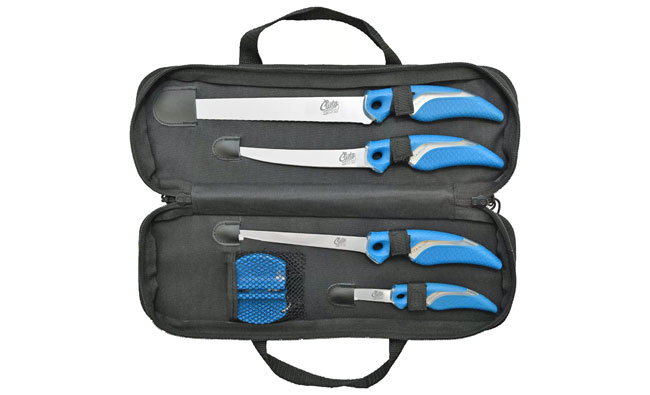
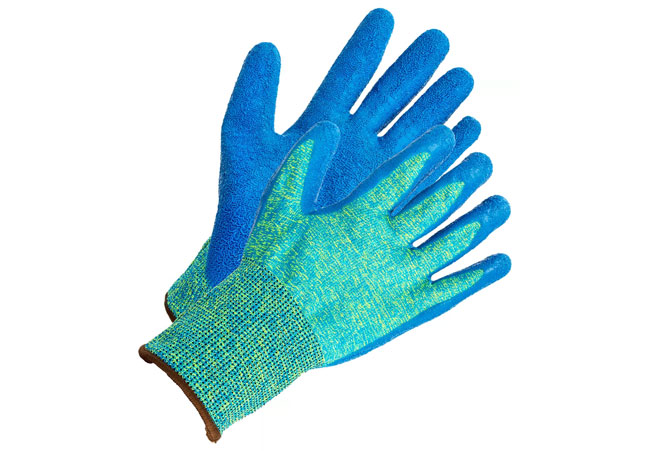



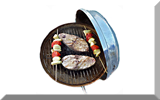
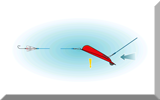
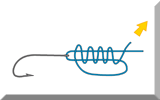
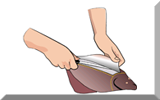
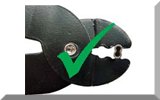
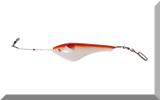
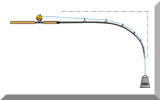
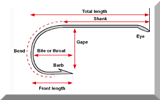
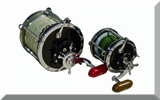
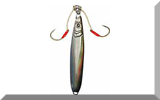
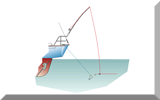
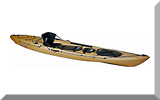
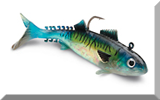
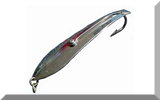
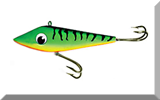

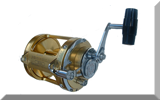
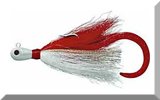
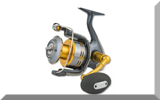
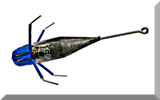
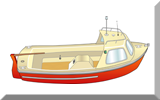
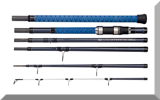
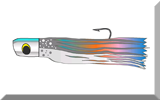
New! Comments
Have your say about what you've just read! Leave me a comment in the box below.